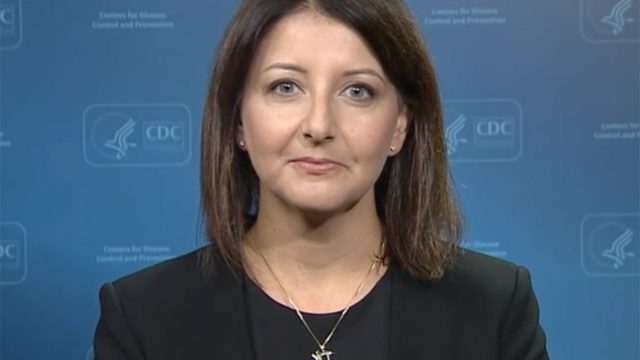Due to new variants, COVID-19 cases are rising again. In a guest essay for the New York Times on the eve of new booster shots, Dr. Mandy K. Cohen, the Centers for Disease Control and Prevention director, provides valuable insights into the ongoing battle against the pandemic. Her article touches upon various aspects, from the progress made since 2020 to the importance of updated vaccines and the continued safety of vaccination. Dr. Cohen emphasizes the need for vigilance and access to treatments and preventive measures. Her expert advice serves as a guide to navigate the evolving landscape of COVID-19, offering hope and practical solutions to readers. Read on for her salient points that can save your life.
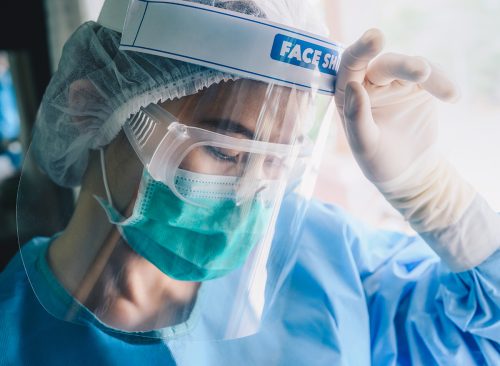
"We have come a long way since the early days of 2020. Back then, I was the head of North Carolina's Department of Health and Human Services and working alongside Gov. Roy Cooper to navigate the uncertainty, the challenges and the fear around COVID-19. My extended family was in New York, the epicenter of the U.S. outbreak. I didn't realize then that it would be over a year until I saw them in person again. All I wanted was for them to be safe," wrote Dr. Cohen.
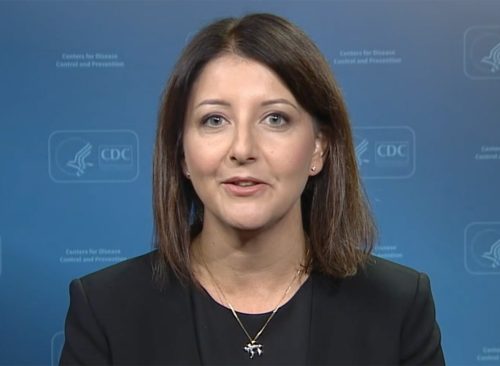
"Now, as I lead the Centers for Disease Control and Prevention, we are in such a different place — no federal mandates, no travel restrictions. With vaccines, testing and treatment, we are once again enjoying fun-filled family vacations and celebrating milestones together," wrote Dr. Cohen.
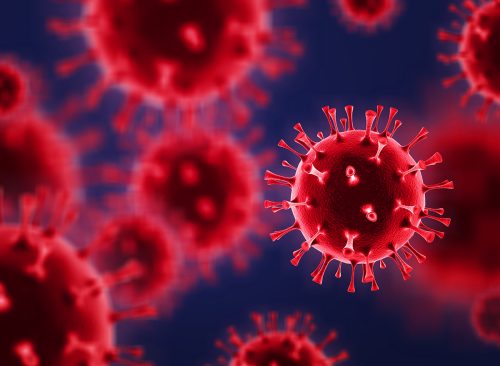
"While we would all love to leave COVID-19 in the rearview mirror for good, the virus is still here. And it will probably always be with us. The good news is that we have the tools to help people avoid serious illness, hospitalization, death and long COVID symptoms. We can minimize the virus's damage to our lives by using one of our most effective tools in combating the virus: updated Covid-19 vaccines," wrote Dr. Cohen.
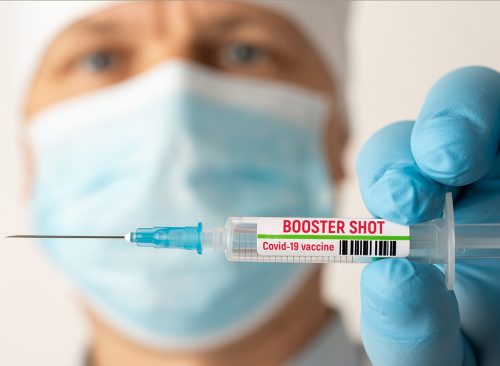
"COVID-19 vaccines are the best way to give the body the ability to keep the virus from causing significant harm. Extensive studies and real-world experience have shown that they are safe and they work. And most Americans take them. Since the COVID-19 vaccines became widely available in 2021, more than 270 million Americans have received shots, preventing countless deaths and hospitalizations," wrote Dr. Cohen.
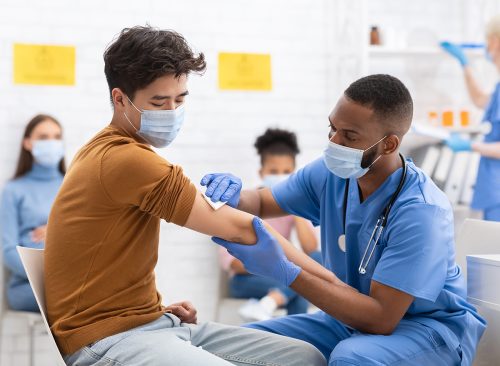
"Some viruses, however, change over time. This coronavirus is one of them. It finds ways to evade our immune systems by constantly evolving. That's why our vaccines need to be updated to match the changed virus. Even though many Americans have been exposed to previous versions of the virus because they've been infected, that protection decreases over time. This is partly why you can get COVID more than once and why you can still get very sick even if you had it before. That's why the C.D.C. is recommending an updated COVID-19 vaccine, which is better matched to the currently circulating virus, for everyone age 6 months and older," wrote Dr. Cohen.
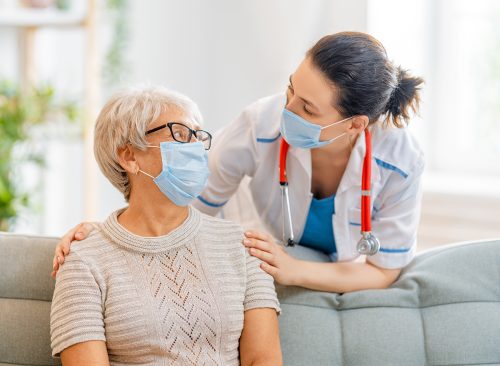
"Covid-19 continues to pose a health threat, especially to older Americans. From January to July 2023, 88 percent of deaths from Covid-19 were among people who were age 65 years or older. Those with certain underlying health conditions — approximately 70 percent of American adults — and weakened immune systems also are at greater risk than younger, healthier Americans," wrote Dr. Cohen.

"What's more, anyone who gets infected with COVID can develop long COVID, and I don't want any American to experience that if it can be avoided. People with long COVID can have many ongoing symptoms — like extreme tiredness, shortness of breath and headache — that diminish their quality of life. So far, studies have found that the people who may be more likely than others to get long Covid were unvaccinated against the virus, got severely ill from Covid (though even mild cases can also lead to longer-term symptoms) or had underlying health conditions," wrote Dr. Cohen.
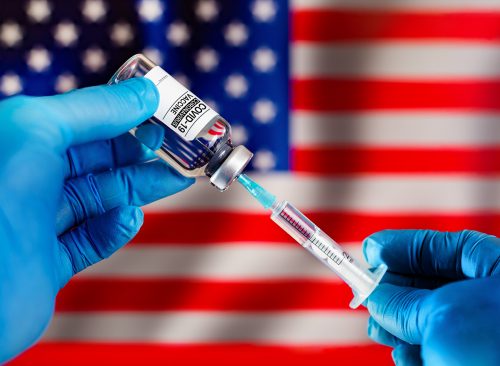
"These vaccines were put through extensive clinical trials before they were widely introduced in 2021, and since then, their safety has been intensely monitored, with more than 670 million doses administered in the United States over more than two years. Our understanding of them means that, like the annual flu vaccine, manufacturers can now focus on developing the best match for circulating strains," wrote Dr. Cohen.
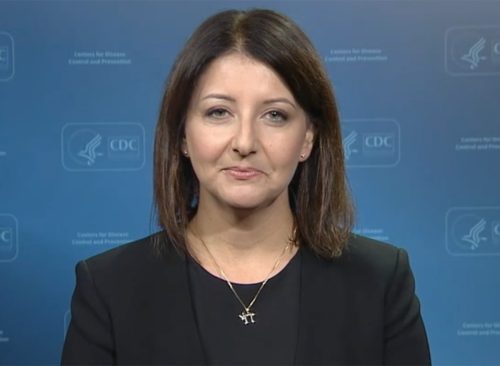
"The Biden administration has been working to ensure easy and convenient access to the updated COVID-19 vaccine so that most people will still be able to get free ones. For people with health insurance, most plans will cover the COVID vaccine at no cost. People who don't have health insurance or with health plans that do not cover the cost can get free vaccines from their local health centers and pharmacies participating in the C.D.C.'s programs. To find a participating location, visit Vaccines.gov," wrote Dr. Cohen.
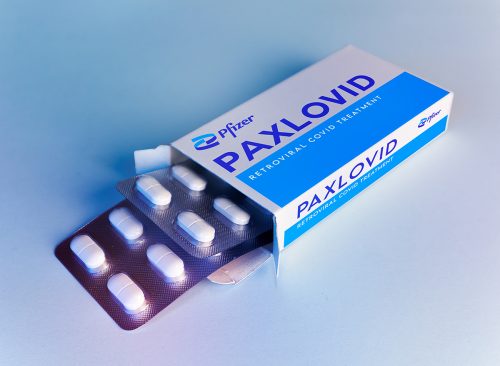
"If you get Covid-19, remember that treatment is available. Paxlovid, pills you take twice a day for five days, can help reduce the severity of illness and may help prevent long COVID. It works best when taken soon after symptoms begin. That's why people with Covid symptoms should get tested and ask their doctor about treatment," wrote Dr. Cohen.

"In addition to treatments such as Paxlovid, we have other tools to protect our health, such as widely available at-home tests and common-sense strategies like improving ventilation, masking and hand washing. These tools can help prevent COVID infections specifically, as well as other viral infections that are common in the coming winter months," wrote Dr. Cohen.
RELATED: Surprising Signs You've Already Had COVID
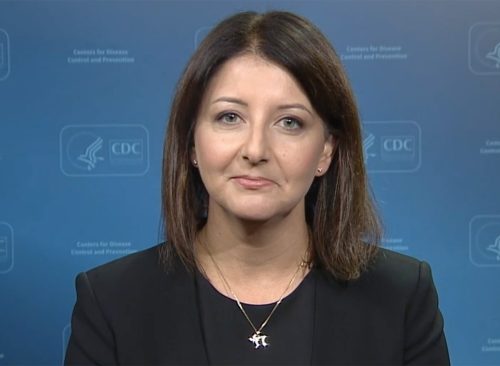
"On the basis of patterns we have seen so far, the C.D.C. believes the United States will most likely continue to experience COVID-19 in somewhat seasonal upticks. However, there is good news. This is the first fall and winter virus season in which vaccines are — or soon will be — available for all three viruses responsible for most for hospitalizations and deaths: the coronavirus, respiratory syncytial virus or R.S.V. and flu viruses. The more people who get the shots, the bigger difference it can make in how many Americans are sick and the ability of our health care system to handle influxes of patients," wrote Dr. Cohen.
